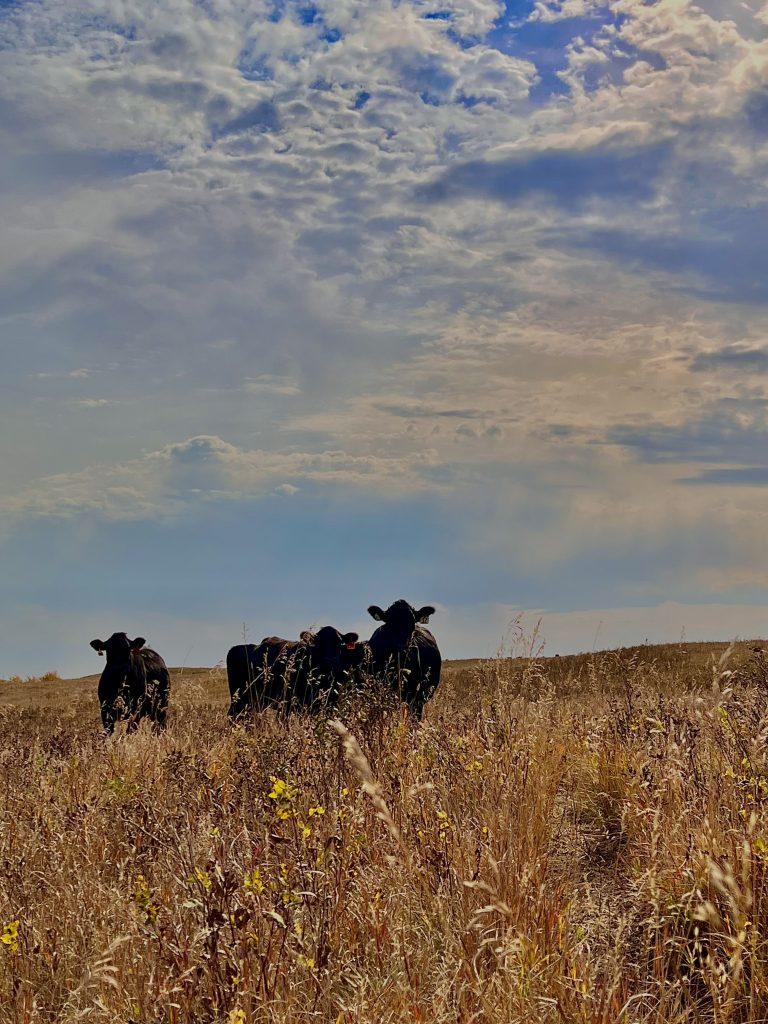Submission 2023
| Submitted by: | Camila Londono |
| Department: | Agricultural, Food & Nutritional Science |
| Faculty: | Agricultural, Life & Environmental Sciences |
| Collaborator: | Sergio Lasso |
There exists considerable interest in improved feed efficiency to enhance sustainability in the beef production system due to the growing population throughout the years. However, still is not clear the interaction between superior cattle in terms of the interchange of forage in meat and extreme environments while grazing. Increasing variation in environmental conditions has been documented in Western Canada with summers becoming warmer. This study evaluated blood parameters and rumen temperature of grazing beef heifers under two classifications: More efficient ( Negative value in terms of residual feed intake ( RFI) ) and less efficient ( Positive RFI ) from July to August of 2022. Our project recorded data such as rumen temperature, water intake, blood samples, and steps during the summer season to understand if physiology, behavior, immunity, and performance are being impacted by the hottest during extreme summer days.

